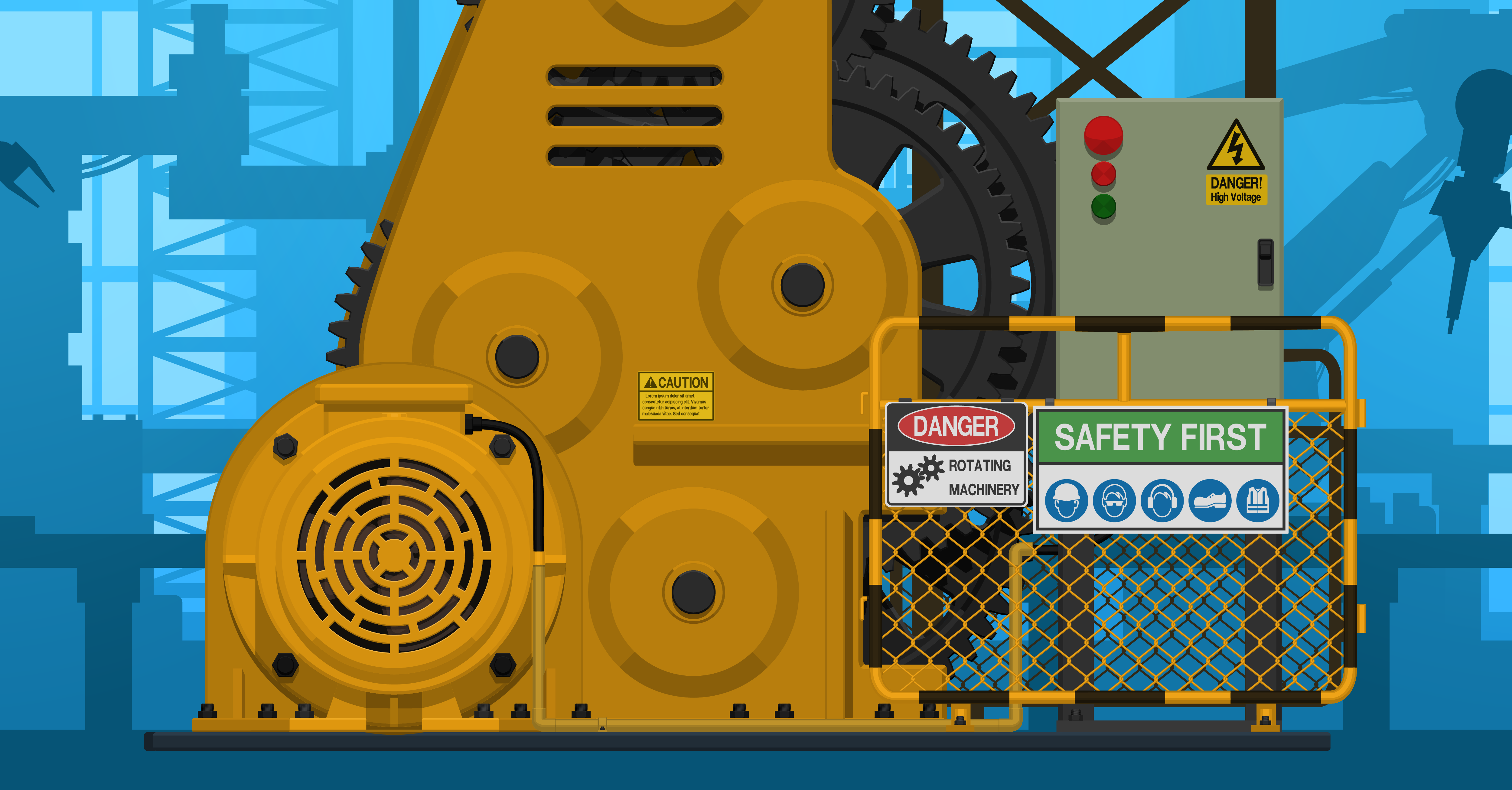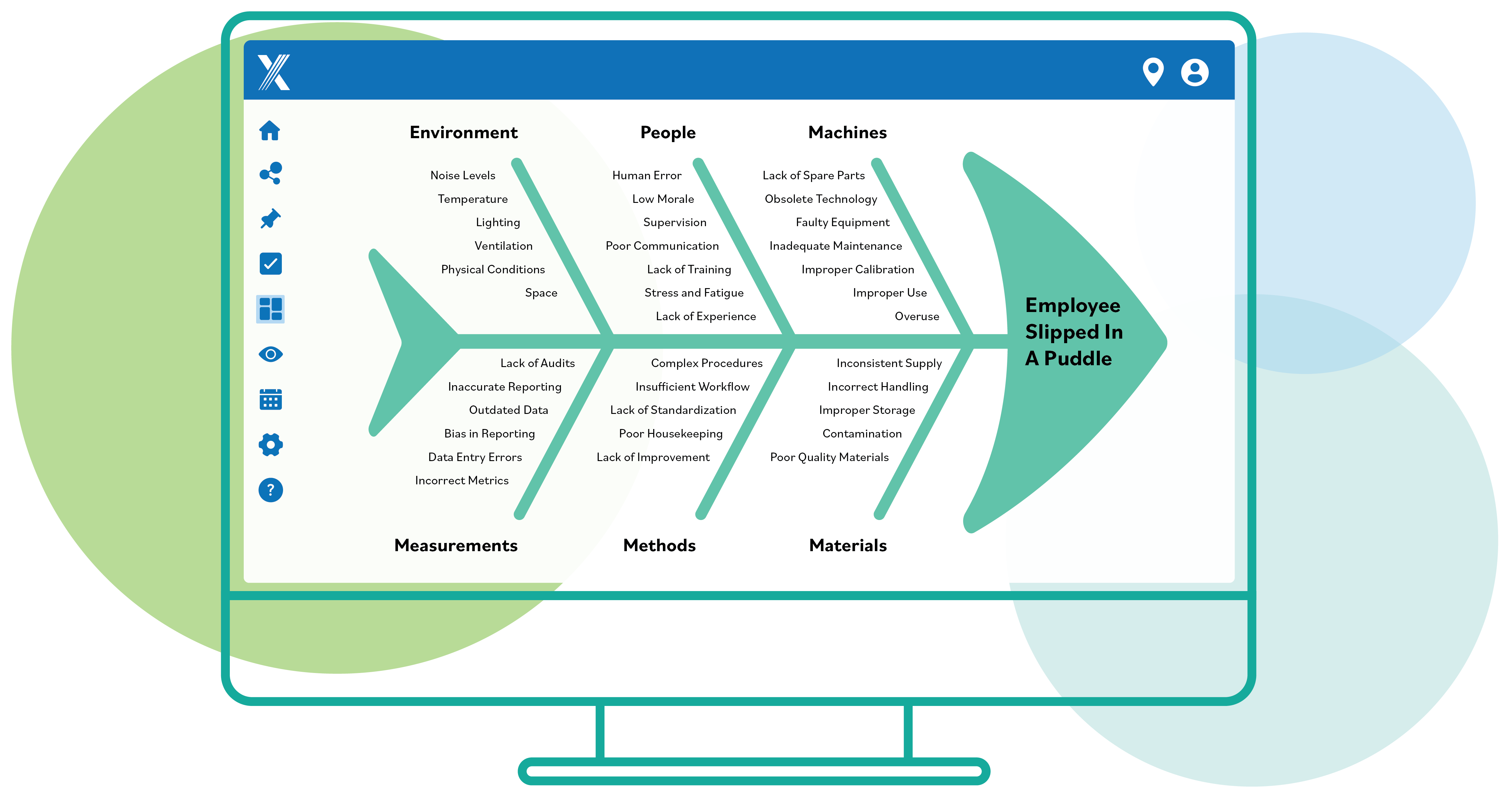It’s Not All Bad News: How ESG Management Is Meeting the Challenge of Climate Change
August 30, 2022

In the fight against climate change, the news reports can be dire reading. This summer alone, an unprecedented heat wave in China is impacting the global supply chain, creating hydropower shortages and providing conditions for devastating fires. The American south is grappling with weather that shifts radically between drought and severe flooding. In the UK and Europe, a brutal heatwave has killed hundreds and caused significant property damage as a result of rural fires.
It would be easy to say that this is simply fearmongering by the media, but regular reports from climate science support the thesis that man-made climate change is having a significant impact on severe weather events. No matter where we look, the news about climate change seems all bad.
However, the truth is that there’s lots of good news out there about the work being done to promote sustainability and fight climate change, and if winning hearts and minds is a key component of the strategy behind that fight, organizations will need to do a much better job of talking about the excellent work they’re doing.
No More Doom and Gloom
The closing keynote at the Environment and Energy Leader Solutions Summit in July featured Paul Snyder, EVP of Stewardship for Tillamook County Creamery Association, and Janelle Meyers, Chief Sustainability Officer, Kellogg Company. The topic was why doom and gloom dominates the discussion about sustainability when there are remarkable stories about the commitments some organizations are making to promote ESG and sustainability values. As the speakers pointed out, there are stories about amazing innovation that is taking place to support sustainability across many different industries, and an increasingly vocal consumer market is eager to hear them and to better understand the supply chains and production methods behind the products they buy.
Kellogg’s Better Days global focus platform has the goal of achieving a better life for three billion people by 2030 in areas like feeding people in need and nurturing people and the planet. Kellogg’s ambitious goals include:
- Achieving 100 percent reusable, recyclable or compostable packaging (by volume) by the end of 2025.
- Reducing absolute Scope 1 and 2 GHG emissions by 45 percent by the end of 2030.
- Reducing absolute Scope 3 GHG emissions by 15 percent by the end of 2030.
Tillamook’s commitment to stewardship includes:
- Thriving farms
- Healthful cows
- Inspired consumers
- Enduring ecosystems
- Fulfilled employees, and
- Enriched communities.
One of Tillamook’s most innovative projects to support enduring ecosystems involves converting cow waste into energy and by-products, including converting biowaste into fertilizer and using digesters to convert methane into fuel. This approach will, eventually, lead to a closed-loop system in which dairy farmers recycle all the nutrients and organic matter from waste back into the soil, all with the goal of sending zero waste to the landfill and reducing GHG emissions.
Good News Isn’t Always Where You Expect to Find It
When it comes to environmental sustainability, it’s easy to point an accusatory finger at the oil and gas industry. Yet while it is true that the energy sector has complex interactions with the natural environment, it is also true that it is the home of some of the most innovative approaches to sustainability. The oil and gas industry is more likely to produce high-quality green patents than organizations with high ESG ratings in other industries, despite the fact that oil and gas are frequently excluded from ESG funds.
Marathon, the largest petroleum refinery operator in the United States, is a global leader in sustainable energy and ESG initiatives. It is the first independent U.S. downstream energy company to achieve five refineries receiving Energy Star certification from the United States Environmental Protection Agency (EPA) in one year. In 2021, it was also the first independent U.S. downstream energy company to establish an absolute Scope 3 – Category 11 GHG emissions intensity target to reduce emissions 15 percent below 2019 levels by 2030. Marathon is also investing heavily in renewable fuels, having delivered approximately 2.4 billion gallons of renewable fuels to consumers in 2021.
What Story Can You Tell?
Good-news stories don’t have to be monumental, and you don’t have to be winning awards or leading the way in your industry to tell your stakeholders what you’re doing to promote sustainability and ESG. Everything your organization does to contribute, at whatever level, is a good-news story that you can share with your stakeholders. Did you decide to invest in ESG management software to support your sustainability efforts? Did your ESG reporting efforts uncover insights you can use to improve efficiency or reduce waste?
These are great stories you can tell not only your customers but also your employees. Remember that an internal culture that is always looking for ways to innovate to support sustainability is a critical component of an effective ESG program, so make sure you are telling your workers about the impact their efforts are having, no matter the scale.
Seeing Hope in the Darkness
When the situation is grim, it’s hard to see anything but bad news. After the release of the Intergovernmental Panel on Climate Change (IPCC) report in 2021, the news cycle zeroed in on the idea that the consequences of global warming were now unavoidable and that we should all prepare for dealing with its catastrophic impact. There is, as we were told, nothing we could do. Yet the discussions relating to sustainability have not stopped. It remains a priority for governments, financial institutions and consumers, all of whom continue to look for ways to act, not ways to surrender.
As Paul Snyder from Tillamook pointed out during the Environment and Energy Leader conference, when Winston Churchill addressed the English Parliament about the German threat during the Second World War, his message, though grim, gave the population the motivation to act. His immortal phrase “we shall fight on the beaches” was an invocation of the need to fight, to find solutions to seemingly insurmountable problems.
With the language of climate change becoming increasingly apocalyptic, organizations should look to communicate the ways in which they are making the world better. Perhaps by telling positive stories about how innovation is meeting this overwhelming challenge, we can inspire the next transformational approach to protecting the planet for future generations.





